
What Causes Belly Fat: Foods to Avoid and Other Key Factors
What Causes Belly Fat: Foods to Avoid and Other Key Factors
Belly fat, also known as abdominal obesity, is more than just a cosmetic concern; it can lead to a host of chronic health problems in both men and women. Understanding its causes – from the worst foods to lifestyle habits – is crucial for managing your health.

What is Belly Fat?
Abdominal obesity refers to the accumulation of fat around your stomach, resulting in a larger waist circumference. Doctors from the Mayo Clinic identify two main types of abdominal fat: subcutaneous fat and visceral fat.
-
Subcutaneous fat is located just beneath your skin and is necessary for energy storage, insulation, and protecting your muscles. While excessive subcutaneous fat around your middle isn't ideal, it's generally considered less dangerous than visceral fat.
-
Visceral fat is the more hazardous type. It accumulates deep around your internal organs and is strongly linked to an increased risk of various chronic diseases.

Why Belly Fat is Dangerous for Your Health
Having a larger-than-normal waistline due to belly fat significantly elevates your health risks. According to the British Journal of Radiology, central body fat impacts numerous bodily processes that affect health, increasing the risk of heart disease, hypertension (high blood pressure), type 2 diabetes, and certain cancers.
While central obesity tends to affect more men than women, both age and overall weight are factors contributing to abdominal fat accumulation. For women, belly fat is particularly common after menopause, as a drop in estrogen levels can lead to fat gain around the middle even without overall weight increase.
The good news is that losing belly fat can significantly reduce these health risks. Research shows that even moderate weight loss can lead to a substantial reduction in abdominal fat.
Top Foods That Cause Belly Fat (Foods to Avoid)
One of the most effective strategies to lose excess belly fat is to avoid foods known to promote weight gain around your waistline. Here are some of the worst culprits:
-
Sugary Foods and Drinks: Consuming too much sugar, especially from sweetened beverages, is a major driver of belly fat. Studies show that daily consumption of sugary drinks can lead to significantly more abdominal fat. Fructose, a common type of sugar, is particularly implicated in increasing visceral fat, raising the risk of cardiovascular disease. Sugary drinks are dangerous because they pack calories without providing a sense of fullness.
-
Trans Fats: Found in many processed foods like fried items, margarine, pastries, and some frozen products, trans fats are among the worst for belly fat and overall heart health. Scientific research consistently links trans fats to increased weight gain around the belly.
-
Excessive Alcohol: Too much alcohol can be a direct cause of a larger stomach, often leading to the term "beer belly." Alcohol is calorie-dense, and studies suggest that alcohol-related weight gain tends to accumulate specifically around the abdomen.
-
Processed and Refined Carbohydrates: Simple carbs found in white bread, pasta, pastries, and added sugars are detrimental if you're trying to lose belly fat. Refined carbs can cause rapid blood sugar spikes and disrupt hunger hormones, leading to increased cravings and greater weight gain, especially around the midsection.
-
Low-Protein Diets: Not getting enough protein can hinder weight management. Protein helps you feel fuller for longer, which can reduce overall calorie intake. Studies show that increasing protein intake can help lower abdominal fat.
-
Low-Fiber Foods: Conversely, diets lacking in fiber contribute to belly fat gain. Switching from refined grains to whole-grain, fiber-rich foods can help prevent fat accumulation around the stomach.
Other Key Causes of Belly Fat
Beyond diet, several lifestyle factors contribute to accumulating excess belly fat:
-
Stress: High levels of emotional or psychological stress can directly lead to increased abdominal fat, both visceral and subcutaneous. Stress triggers the release of cortisol, a hormone linked to belly fat gain.
-
Lack of Sleep: Sleep deprivation is strongly associated with weight gain, including increased abdominal fat. Studies show that people who consistently sleep less tend to have larger waistlines.
-
Smoking: Smoking not only harms overall health but also influences fat distribution, leading to more fat accumulation around the abdominal region, making smokers more prone to a "big belly" than non-smokers.
-
Menopause: In women, hormonal changes during and after menopause can cause a shift in body fat distribution, leading to an increase in visceral belly fat, even if overall weight doesn't change significantly.
-
Inactivity and Lack of Exercise: A sedentary lifestyle is a major promoter of belly fat gain. Not burning enough calories through physical activity while consuming too many leads directly to excess abdominal fat.
-
Genetics: While diet and exercise are crucial, genetics can predispose some individuals to accumulate fat specifically around their abdomen.
How to Effectively Lose Belly Fat
Burning off abdominal fat requires a multi-faceted approach:
-
Increase Exercise: To lose fat, you must burn more calories than you consume. Regular exercise, including activities like walking (aim for 70 minutes, 3 days a week to prevent accumulation), can significantly reduce both subcutaneous and visceral fat. High-intensity interval training (HIIT) can also be highly effective.
-
Adopt a Healthy, Well-Balanced Diet: Focus on reducing unhealthy carbs, trans fats, and added sugars. Increase your intake of fruits, vegetables, lean proteins, and healthy fats (like olive oil). Proper hydration with plain water or infused water can also aid weight loss.
-
Manage Stress: Finding effective ways to cope with stress is vital. Stress management techniques can help reduce cortisol levels, which in turn can accelerate fat loss, particularly from the belly area.
-
Prioritize Sleep: Aim for at least 7 hours of quality sleep per night. Sufficient sleep can help regulate hormones related to appetite and metabolism, making it easier to lose abdominal fat.
By making conscious choices about your diet and lifestyle, you can significantly reduce belly fat, lower your health risks, and improve your overall well-being.
News in the same category

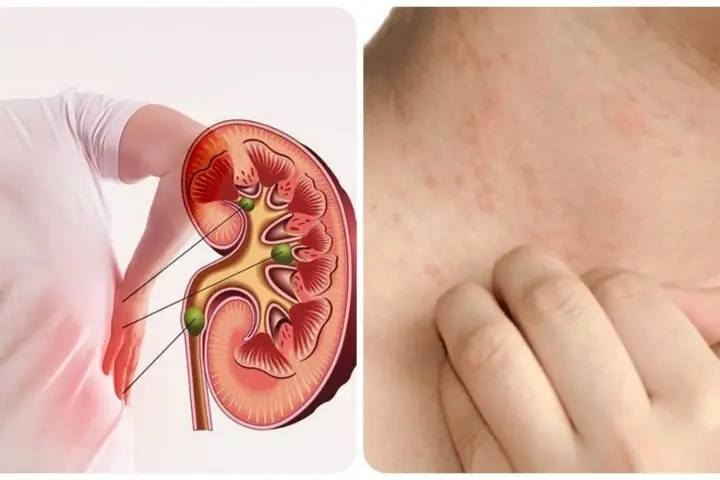
Clear Signs of Kidney Failure Everyone Should Pay Attention To
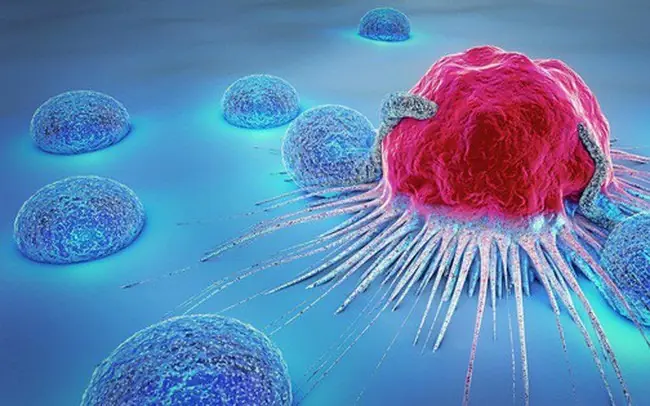
5 Typical Early Symptoms of Childhood Cancer: When to Take Your Child to the Hospital Immediately
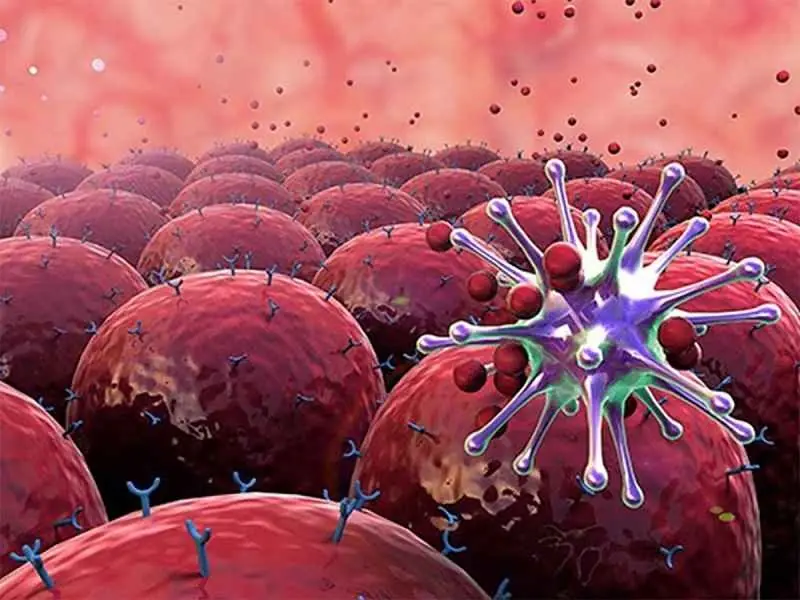
Doctor’s Warning: Early-Stage Lung Cancer Doesn’t Always Include a Cough – Watch for These 4 Unusual Signs
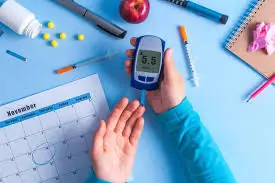
5 Early Signs of Diabetes That Many People Often Overlook

To Prevent Stroke, Remember the ‘3 Don'ts’ After Meals and the ‘4 Don'ts’ Before Bed — Stay Safe at Any Age

Scientists Warn: Most Infectious Covid Strain Yet Is Now Dominating

Bloated Stomach: 8 Common Reasons and How to Treat Them (Evidence-Based)

Foamy Urine: Why You Have Bubbles in Your Pee and When to Worry

Notice These 4 Unusual Signs Before Sleep? Be Careful – They May Signal a Risk of Stroke
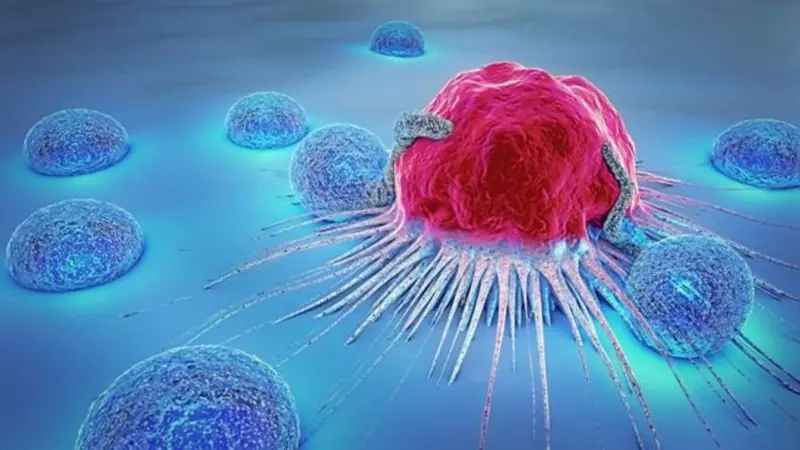
5-Year-Old Girl Diagnosed With Terminal Cancer: A Wake-Up Call for All Parents
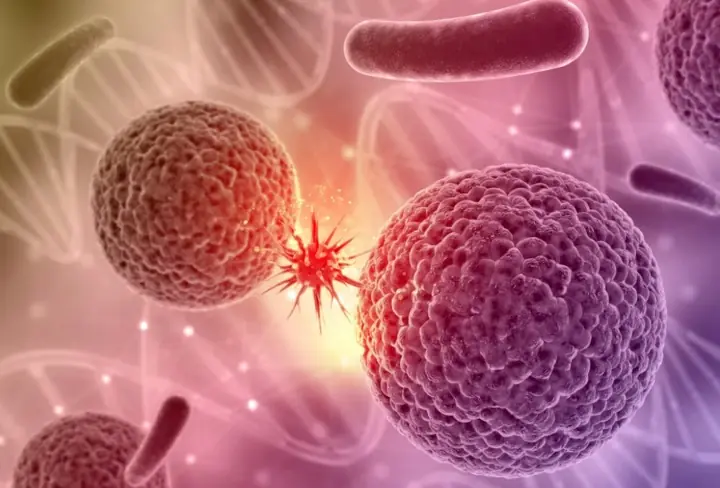
Good News: Successful Trial of Method That Destroys 99% of Cancer Cells

Terrifying Study: Up to 30% of Americans Could Be Infected with Brain-Impacting Parasite

Itching in 9 Areas: A Warning Sign of Malignant Tumors, Number 7 Is the Most Common

Doctor's "Deeply Concerning" Warning After Man Injects Sperm to 'Cure Back Pain'
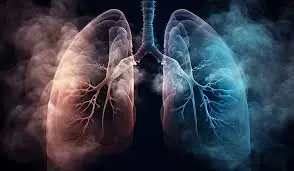
Non-Smoker Diagnosed with Lung Cancer Shares His Only 'Silent' Symptom
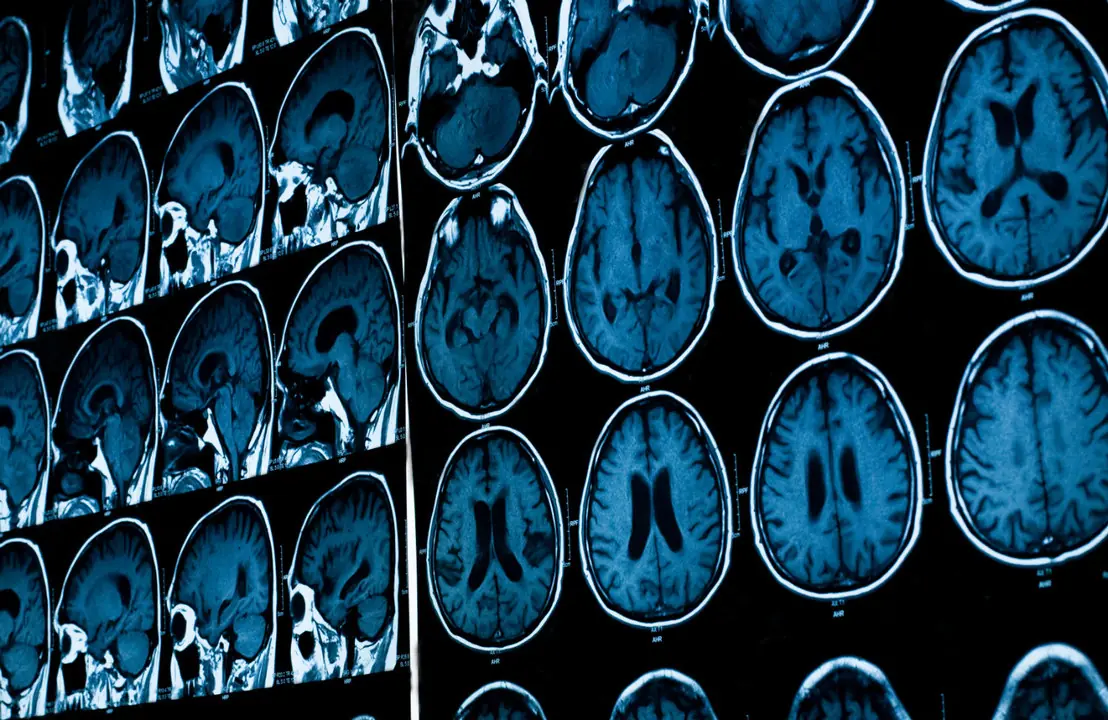
Alarming Discovery: High Aluminum Levels Found in Brains with Alzheimer's, Autism, and MS
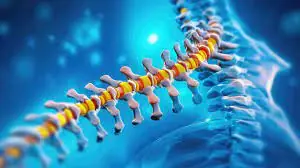
First Human Trial Launched for Stem Cell Therapy to Reverse Spinal Cord Injuries
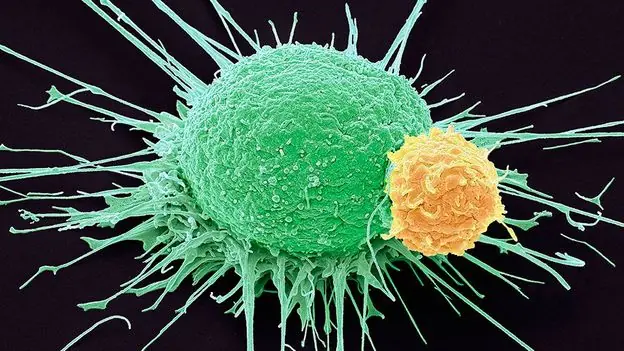
From Despair to Hope: Joe Tippens' Incredible Cancer Recovery Story with Fenbendazole
News Post

Can Your Eyes Reveal Diabetes or Cancer? Don’t Miss the Signs

Discover The Miraculous Benefits of Moringa

Clear Signs of Kidney Failure Everyone Should Pay Attention To

Natural Drink to Support Knee Health for Seniors

5 Typical Early Symptoms of Childhood Cancer: When to Take Your Child to the Hospital Immediately

The Peel That Could Empty Hospitals: A Natural Remedy for Cancer, Diabetes & High Blood Pressure 😱👇

Shocking Truths About Sunflower Seeds You Need to Know Before Your Next Snack

Cloves, Garlic & Honey: A Simple Jar of Nature’s Support

A Soothing Blend of Cinnamon, Garlic, and Aloe Vera: What It May Offer for Your Health

I’m 60 and Reversed Diabetes, High Blood Pressure, and Poor Circulation Naturally — Without Pills or Expensive Medications

The Daily Drink That Supports Youthful Vitality: Cucumber, Lemon, and Ginger

World’s Largest Fish Nesting Ground With 60 Million Nests Discovered Under Antarctic ice

World’s Smallest Otter Species Rediscovered In Nepal After 185 Years

Why You Should Disconnect Your WiFi at Night And Sleep With Your Phone on Airplane Mode in Another Room

Google Claims That AI Will Surpass Human Intelligence By 2030, Posing Extinction Risk
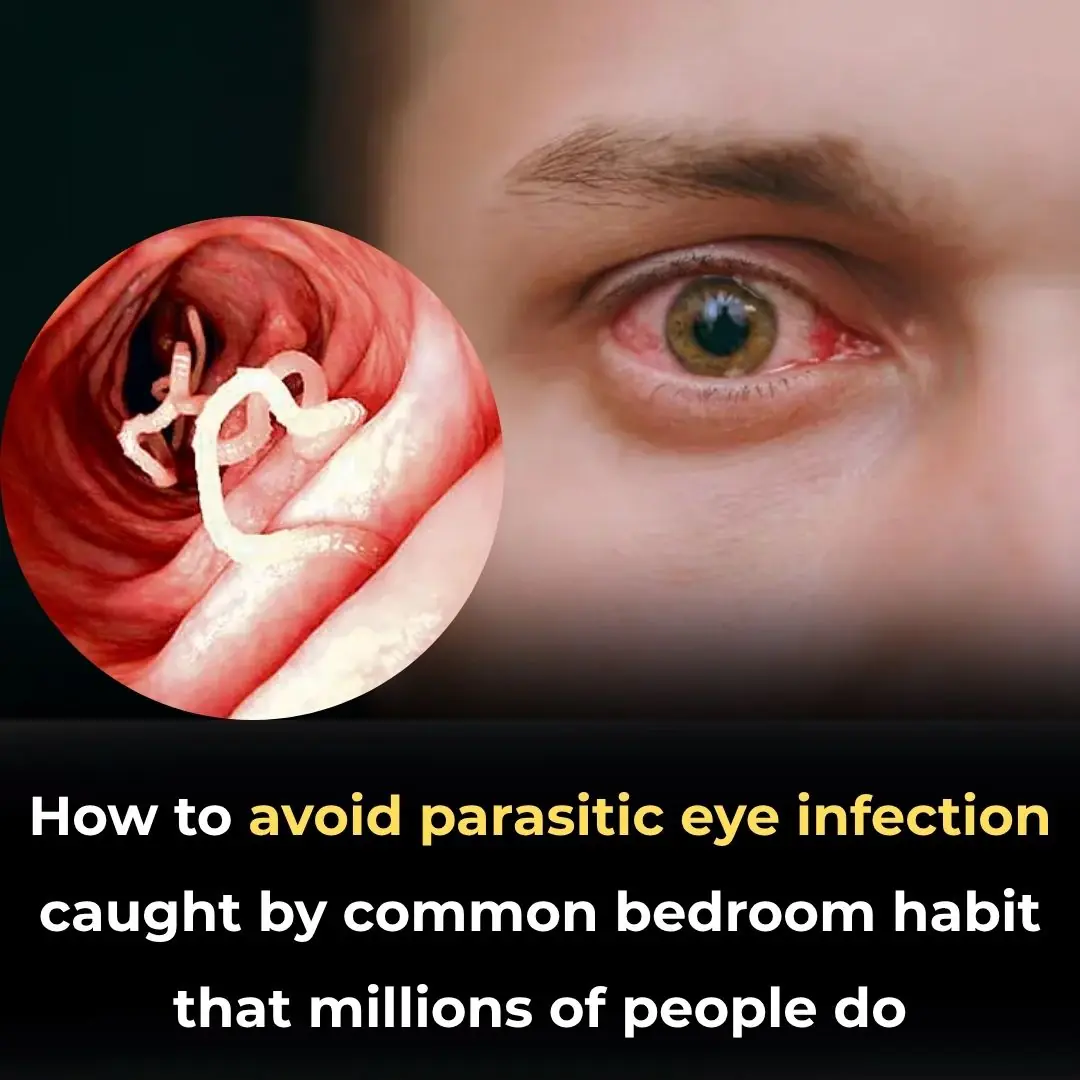
How to Avoid Parasitic Eye Infection Caught by Common Bedroom Habit That Millions of People Do

Experts Issue Dire Warning: Gulf Stream Shutdown May Be Just Decades Away—With Catastrophic Global Fallout

The Growing Threat of Space Debris: Managing Earth’s Crowded Orbit

Doctor’s Warning: Early-Stage Lung Cancer Doesn’t Always Include a Cough – Watch for These 4 Unusual Signs
